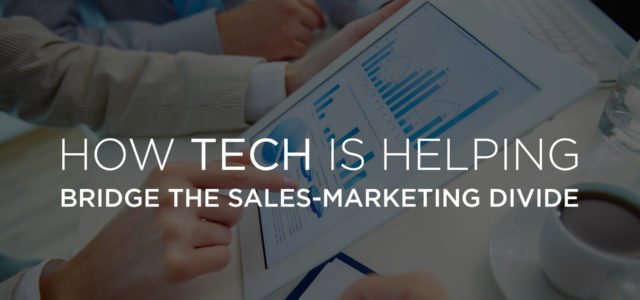For the most part, the B2B industry has been largely isolated from most of the changes happening in today’s workforce. Fortunately — or unfortunately, for some — that’s no longer the case. The Millennials are here, and they’re kickstarting considerable changes in the industry just by being who they are.
As older generations age out and the new workforce floods with Millennials and younger workers, many aspects of business are seeing something of a transformation. Part of this change has to do with modern technologies, yes, but it also has to do with that new, separate audience.
Millennials aren’t just changing the workforce, either — they’re also shaping the customer side of the equation, as younger generations become the majority of B2B clientele.
About 13 percent of Millennials revealed in a survey that they have the final decision for B2B purchases, while an additional 28 percent have significant influence. Combined, that’s more than 40 percent of Millennials with direct impact on a B2B transaction or purchase in today’s landscape. That’s huge, and it shows that the generation does make a difference in how things play out.
Fail to market or appeal to those Millennials, and there’s a good chance you’re alienating a lot of potential business. So, it’s only natural that companies today — especially in B2B — are making changes to meet the needs of their new workforce and clientele.
How Millennials Are Changing the B2B Landscape
For starters, marketing has undergone a significant shift from traditional funnel-based strategies to varying inbound and outbound techniques. Video and media content, in-person events and popular celebrity-like influencers are just a few of the innovative mediums that now serve as a primary focus.
Social media has also become a huge part of marketing, promotions and just general business interactions. In the past, a social media presence was optional, but today it’s necessary just because of how influential it can be.
However, this is just the tip of the iceberg. The real change or transformation comes from a growing reliance on digital commerce and modern technologies. Millennials now expect businesses that serve them and employers to embrace the technologies they’ve known for most of their lives. This requires not just first-rate digital experiences, but entirely altered operations to meet their needs.
Some see Millennials as “digital natives” who spend most of their daily lives in a digital space. At first glance this might seem like a problem, posing excess work and difficulties, but it’s also presenting a new opportunity for B2B sales and marketing teams — the option to utilize digital content and experiences as a strategy for business growth. This also introduces new ways of doing business or interacting with clientele.
Dynamic personalization is a notable example of a reinvigorated strategy. While it’s not technically brand new, it was never possible to do the things you can do today thanks to ERP and advanced analytics platforms. Now, you can deliver targeted, customer-specific pricing opportunities, catalogs and even tailored packaging or presentations.
Digital Community Is Now Part of the Equation
Because Millennials so value the digital space, including digital communities such as social media, it’s quickly becoming part of conventional operations. B2B companies are being forced to adopt new, modern strategies that incorporate digital experiences and mobile support. This includes coming up with mobile-centric app experiences, social content and faster, more responsive fulfillment and support.
The good news is that this has a major benefit for brands and companies that can do it right. Millennials are more willing to share and promote the brands they love on social media networks. A whopping 69 percent will post or share a positive comment online if they’re happy with a brand.
As a whole, marketing has evolved alongside technology. Now, anyone can serve as a critic or brand endorsement, which means all companies need to focus on that customer journey to provide a positive, compelling experience. Maybe it used to be, but it’s no longer different in the B2B industry. Digital has finally crowned, and Millennials are to blame — or thank, depending on how you look at it.
Article by channel:
Everything you need to know about Digital Transformation
The best articles, news and events direct to your inbox
Read more articles tagged: Digital Marketing, Featured







